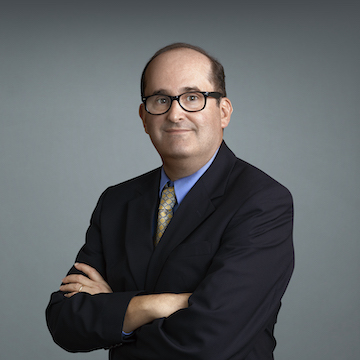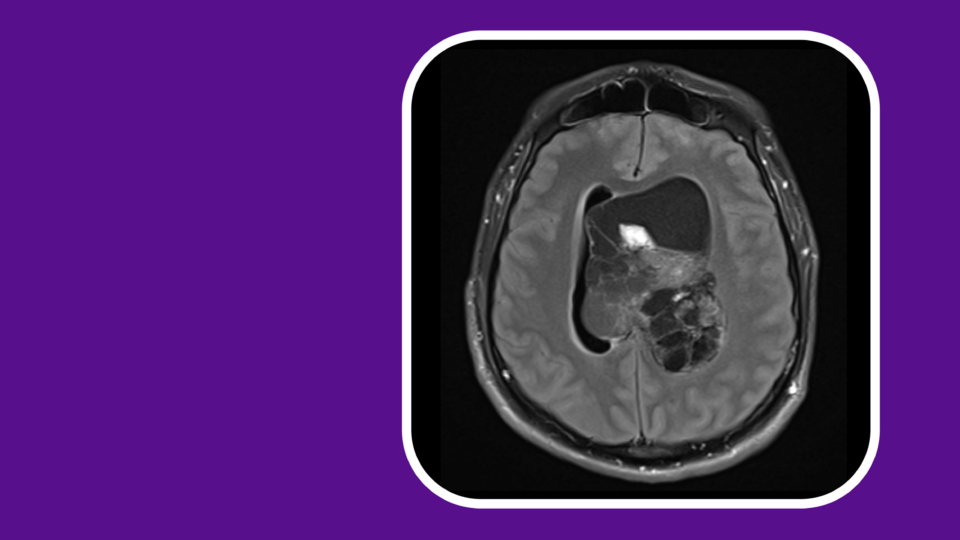The Marlene and Paolo Fresco Institute for Parkinson’s and Movement Disorders at NYU Langone Health houses a wide-ranging suite of clinical, educational, and research programs aimed at caring for people with Parkinson’s disease (PD) and other movement disorders. Additionally, the institute maintains a unique scientific and clinical collaboration with the Fresco Parkinson Institute in Italy and other centers in the Fresco Parkinson’s Network in Europe.From June 7-10, 2022, the Fresco Parkinson Institute hosted the Fresco International Workshop on Synaptic Plasticity and Advances in Parkinson’s Disease in Florence, Italy. In advance of the workshop, Physician Focus met with Andrew S. Feigin, MD, executive director of the Fresco Institute at NYU Langone, to discuss the institute’s work, key issues in PD and movement disorders research and treatment, and the value of international collaboration
From June 7-10, 2022, the Fresco Parkinson Institute hosted the Fresco International Workshop on Synaptic Plasticity and Advances in Parkinson’s Disease in Florence, Italy. In advance of the workshop, Physician Focus met with Andrew S. Feigin, MD, executive director of the Fresco Institute at NYU Langone, to discuss the institute’s work, key issues in PD and movement disorders research and treatment, and the value of international collaboration
Physician Focus: As executive director of the Fresco Institute at NYU Langone, could you elaborate on your role, the work of the institute here and its connections to the Fresco Parkinson Institute in Florence?
Dr. Feigin: I like to describe the work we do in the Fresco Institute as addressing three important areas of endeavor. The first is that we seek to provide the best multidisciplinary clinical care for patients with Parkinson’s disease and related movement disorders. We also focus on research to improve the care that we can deliver in the future. Ultimately, the goal of our research, in both clinical and basic science, is to find better therapies that can help people with these disorders.
The third area we focus on is education and training. We’re involved in training medical students, residents, and fellows, so we’re preparing future leaders for providing the best care and doing research for the coming generations. The centers in Italy and Europe provide the same, and our training is enhanced by our interactions with these centers.
Key Issues in Movement Disorders
Physician Focus: What current issues in PD and movement disorders research and treatment is the institute focused on addressing?
Dr. Feigin: One critical area is the genetic contribution to the causes of Parkinson’s disease and other movement disorders. We work on identifying novel genetic contributors to these diseases and how we might utilize these genetic markers to better understand their etiology and get clues to better treatments for those carrying these mutations.
Many of us here at NYU Langone and at the other centers are working on identifying better ways of diagnosing Parkinson’s disease and following its progression through imaging and other kinds of biomarkers. There’s also a big movement to predict who is at risk for Parkinson’s, so that if there are disease-modifying therapies in the future we can potentially get these therapies even earlier to those who need them.
Benefits of International Collaboration
Physician Focus: Why is the type of international collaboration fostered through the Fresco Institute essential to advancing research and clinical care for these diseases?
Dr. Feigin: The world has become a smaller place in the last 10 to 20 years, to a large degree because of technology. We want to be able to tap the best minds and the best work that’s being done everywhere.
NYU Langone has an amazingly deep tradition and well of expertise that’s relevant to neurodegenerative diseases. However, my work with the institute has expanded my horizons and permitted me to interact with people that I might not otherwise have interacted with—those with different perspectives and different areas of research in Parkinson’s disease and movement disorders.
Physician Focus: Technology is driving more international collaboration, especially in the response to COVID-19. However, there are still many factors that might complicate partnering across borders. Where do you see the horizons for this type of work going forward?
Dr. Feigin: I’m currently the principal investigator of a large multicenter international clinical trial called PROOF-HD. That trial has 30 sites in Europe and 30 in North America, with different regulatory agencies in basically every country in Europe as well as the FDA in the United States. So yes, there are certainly challenges to doing this type of major international study.
However, these challenges can be overcome, and there’s a lot of interest in overcoming them, especially for diseases that are relatively rare where we need to work with international colleagues to conduct large trials. I believe that these types of international collaborations will continue to expand.
“These challenges can be overcome, and there’s a lot of interest in overcoming them, especially for diseases that are relatively rare where we need to work with international colleagues to conduct large trials.”
Andrew S. Feigin, MD
The Role of Plasticity in PD
Physician Focus: Looking ahead to the Fresco International conference in June, the concept of synaptic plasticity and its relationship to PD is a central theme. Why is this concept and the research surrounding it so essential?
Dr. Feigin: Over the past decades, we have begun to gain better understanding of how the adult human brain is able to adjust and modify itself to improve function. Through making new connections and paring back unused connections the brain can remodel functional connections to deal with insults like disease. There’s been an explosion of therapies that seek to promote this kind of plasticity to improve function in people with Parkinson’s disease—for example, exercise programs and art programs.
Because there’s neuroscientific evidence for why these therapies can be helpful to people, plasticity seems to be a key area of potential therapeutic benefit for patients with Parkinson’s disease and other movement disorders. I think it’s very relevant to have a symposium on this topic to talk about how the brain adjusts to challenges and makes changes, and how we can promote that to benefit our patients.






